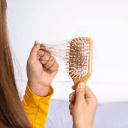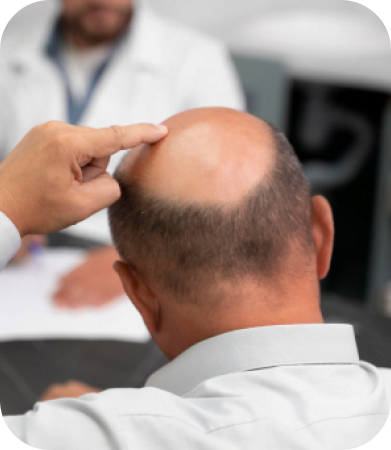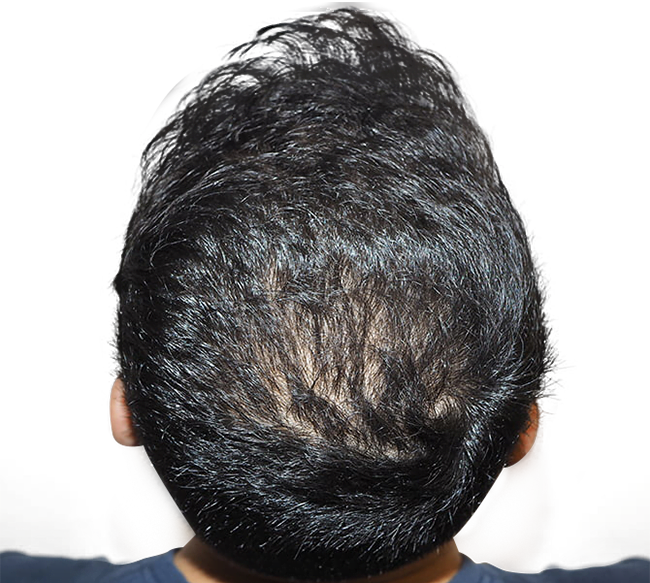Stress can definitely affect hair loss. High levels of stress, and long-term stress levels, affect the
body in multiple ways. Stress triggers the body’s fight or flight response and the release of
hormones that readies the body for action. Hair will typically grow back when stress levels
return to normal.
Stress related hair loss may go unnoticed at first. However, larger amounts of hair in a
hairbrush than normal, or drains that are suddenly slowing due to hair are sure signs of loss. It’s
important to a hair loss specialist – the professional will be able to diagnose the exact cause of
the loss.
Telogen Effluvium
The most common hair loss condition is telogen effluvium. Hair has an active growing and
resting phase. The condition forces hair follicles into a resting phase. Some individuals
experience this type of hair loss a few weeks or even months after extended levels of stress. It
can also occur after one particularly stressful event.
New Research
Hair growth is a far more complex and complicated process than it seems. New research has
revealed that stem cells reside in hair follicles. During hair’s active growth phase, stem cells
divide, creating new cells that will regenerate hair. Stem cells are inactive during the hair’s
resting phase.
A study on mice at Harvard University, discovered that cortisone (in mice) and cortisol (in
humans) that’s present in stress hormones, inhibited hair growth. High cortisone levels also
reduce hyaluronic acid in the scalp.
Chronic and long-term stress increased cortisone levels in mice by approximately 40 percent. It
also prevented a molecule from being secreted that activates stem cells to stimulate hair
growth. The research also discovered the role that stress plays in gray hair. While the research
is still in its early stages, it bodes well for those suffering with hair loss due to stress.
To schedule your hair transplant/hair restoration appointment at one of our South Florida Centers please contact us at (941) 315-7033



